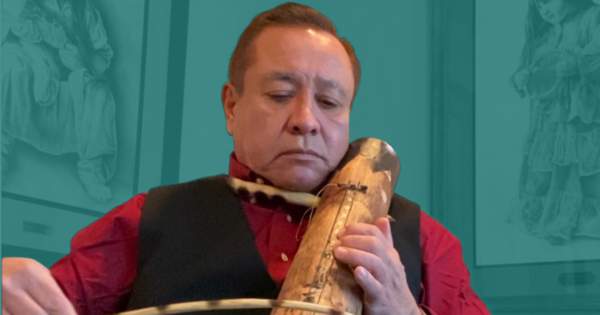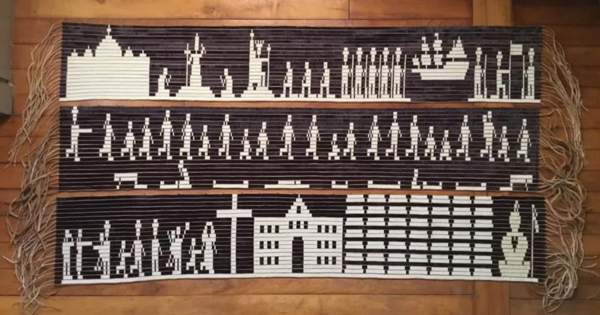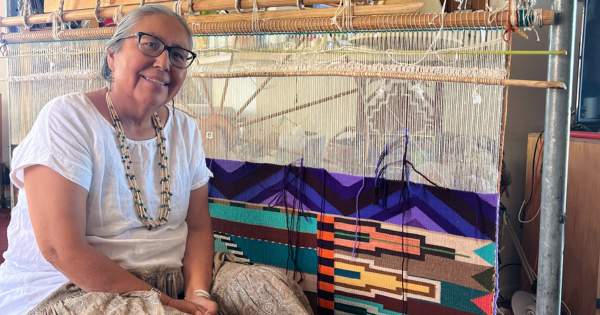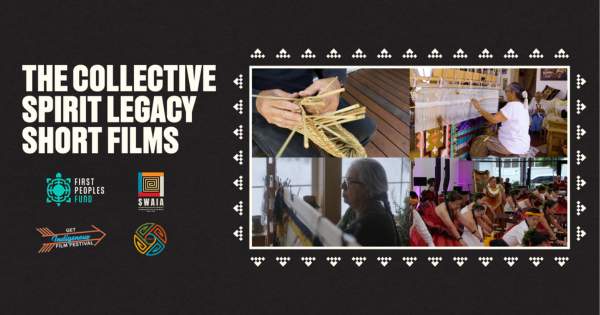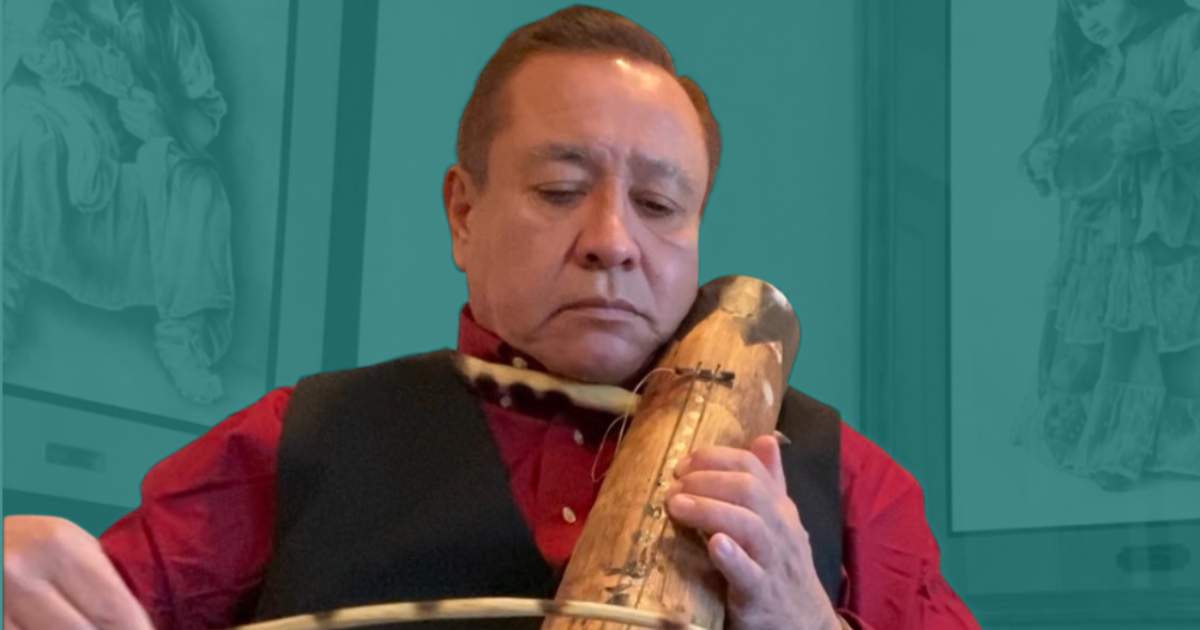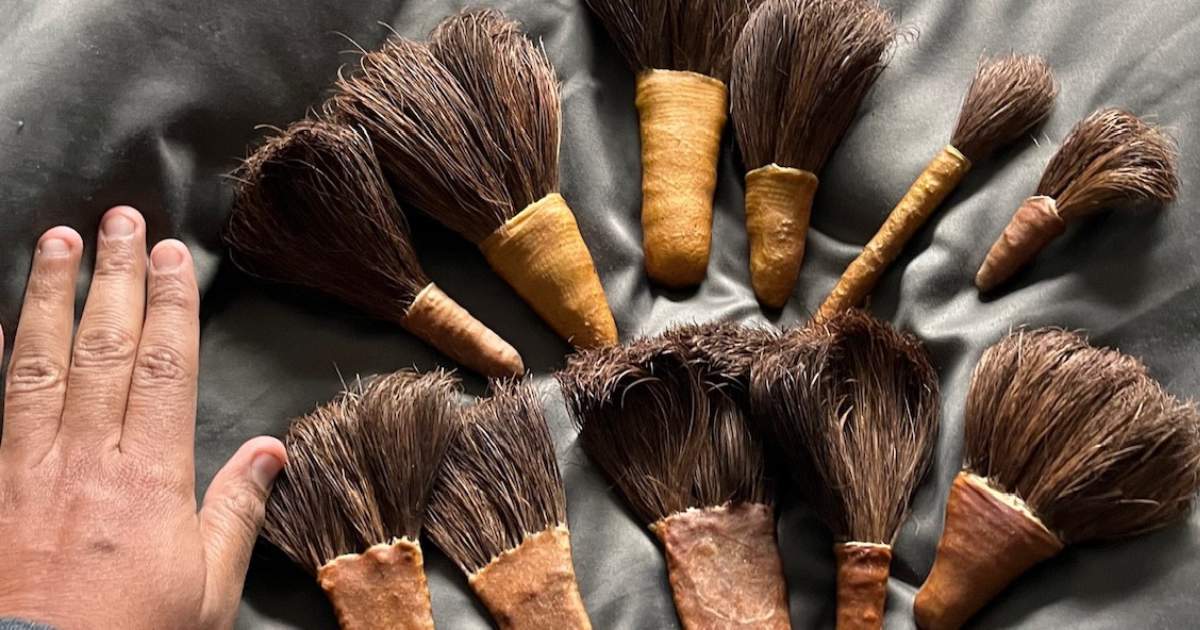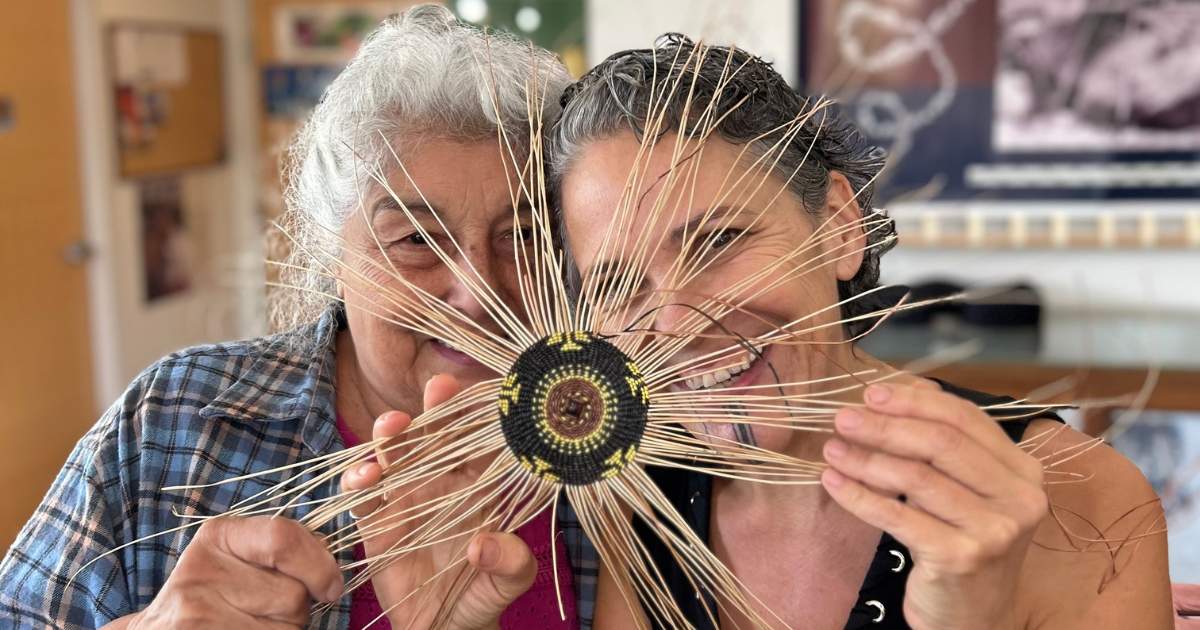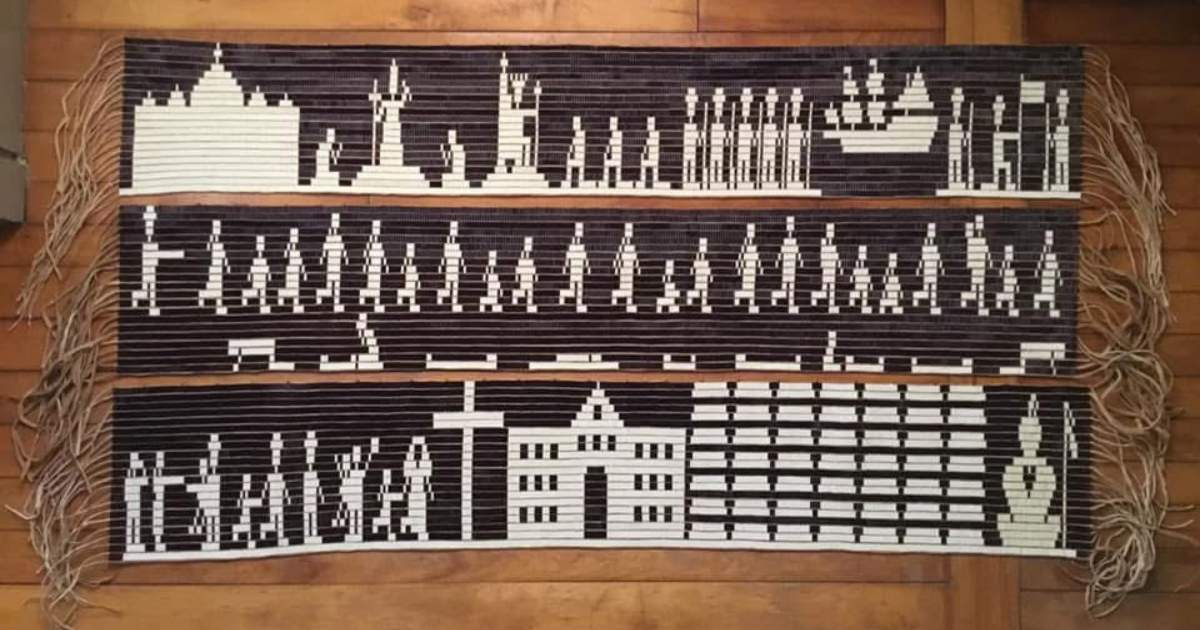
Passing on tradition: Artist profile on Cyril Lani Pahinui
This is the third in a series of profiles on the 2013 Community Spirit Awards recipients. In upcoming issues of e-Spirit, First Peoples Fund will continue to introduce to you the remarkable artists and culture bearers who are receiving the honor this year.
Even if success as a musician had never come, Cyril Lani Pahinui said he still would have been doing what he loves best all these years—playing and teaching Hawaiian music. Pahinui, who is a Native Hawaiian in Waipahu, followed in the footsteps of a famous father and fine-tuned the art of the slack-key guitar.
His resume is extensive and impressive—stints at Carnegie Hall, tours around the world, contributions to Grammy-award winning albums—and he most recently has enjoyed a long-time career as a teacher at the Pahinui School of Hawaiian Music. This winter, he was named one of this year’s First Peoples Fund Community Spirit Award honorees.
But it’s a simple love of a Hawaiian art form—and a deep desire and passion to pass it on—that Pahinui says keeps him motivated.
“I love music,” said Pahinui, who learned discipline and commitment from his father, Gabby Pahimui.
Pahinui started playing at a very young age, and at the age of 15 was invited to join his father’s band.
“For me that was like receiving a Grammy,” he said. “Just to know that he recognized my commitment and considered me to be on his level. I also think that was the day that I knew I would continue my music.”
His father’s insistence that his instruments always be tuned correctly became a good learning tool for Pahinui.
“I am so grateful for his strict discipline. My training taught me to tune and play by ear and from the heart, and that is what I still do, even today,” he said.
The award from FPF will allow Pahinui to continue one of his greatest passions—teaching. He also plans to develop a DVD series that would teach tuning, and be filmed on site to provide historical context for participants. He hopes to inspire a younger generation, in the same way he was inspired by his father.
“I want to help up-and-coming artists,” he said. “I am so honored to do whatever I can to help. This is a once-in-a-lifetime-opportunity for me.”
It’s also an important opportunity for Hawaiian culture and music, he added.
“We need to pass on the tradition,” he said, particularly of an art form that plays such an important role in the history of the islands. “Slack-key is a guitar style rooted in nearly two centuries of Hawaiian history and is now a catalyst for preserving Hawaiian culture and language.”
Pahinui teaches his classes in the “kanikapila” style, which means that students learn from their teachers through jam sessions.
“Through this one-on-one, in-the-moment kind of learning, students of all levels are guided through simple exercises to create unique Hawaiian music sounds,” he said.
Pahinui said it’s an honor to receive the Community Spirit Award. “It allows me to keep doing what I’m doing,” he said. “It is a blessing from heaven.”
Pahinui is well-known in Hawaii for his music accomplishments and his family legacy, said Hawaii State Foundation on Culture and the Art Program Specialist Denise Maile Miyahana. His dedication to education is unparalleled, she said.
“He is the most patient and loving teacher that any young person could have. His compassion for their needs is embracing,” she said.
During a site visit one time, Miyahana said she was amazed at what she saw. “I followed him from one community to the next, teaching group after group in one day, always with the same smile, same quiet voice and same stirring artistry,” she said. “I already knew Cyril’s music. From the site visit, I came to know Cyril’s teaching and kind spirit.”
John Thatcher, principal of Connections Public Charter School, has witnessed the same. “He just has so much goodness and just wants to help,” he said. His patience with middle and high school students is outstanding, he added. “He just keeps talking and he doesn’t get mad… he’s just got this way of working with kids,” he said. “And they respond.”
Pahinui said he has no plans to slow down.
“No matter what job I had, I always stuck with Hawaiian music,” he said. “I will share, I will perform. I will never change. I will teach what I know. It’s not difficult. The kids, some day, they will have to carry it on.”



